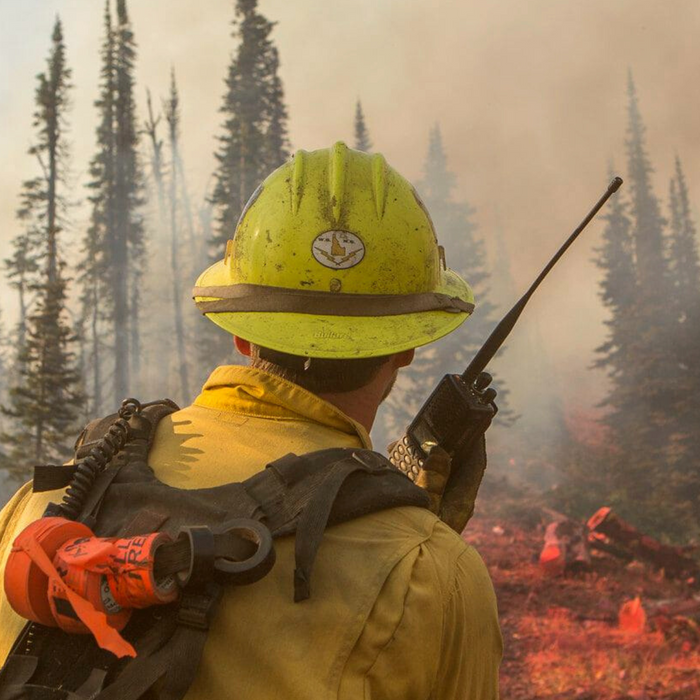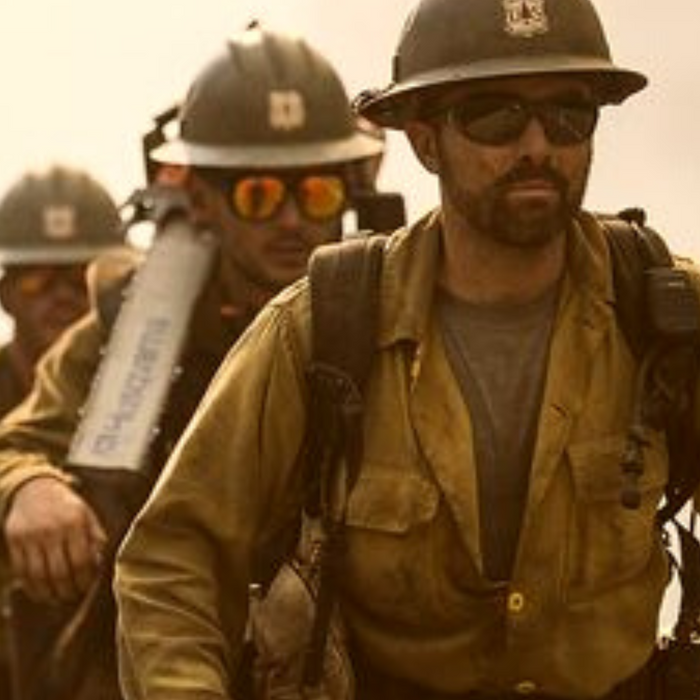In emergency situations, effective communication can be a matter of life and death. When it comes to emergency communication, two options often come to mind: two-way radios and cell phones. Both have their advantages and limitations, but in terms of reliability, coverage, and battery life, two-way radios offer unique benefits that make them a better choice for emergency communication.
Reliability
When disaster strikes, reliable communication is crucial. Two-way radios are designed specifically for this purpose. Unlike cell phones, which rely on cellular networks that can become overloaded or fail during emergencies, two-way radios operate on dedicated frequencies. This means that even in the absence of cellular service, two-way radios can still provide reliable communication.
Additionally, two-way radios are built to withstand harsh conditions. They are often rugged and durable, capable of withstanding drops, water, and extreme temperatures. This makes them ideal for emergency situations where conditions may be unpredictable or hazardous.
Coverage
Another advantage of two-way radios is their wide coverage range. While cell phones are limited to the range of cellular towers, two-way radios can communicate over much larger distances. This is especially beneficial in remote or rural areas where cell phone coverage may be limited or nonexistent.
Furthermore, two-way radios can operate on different frequency bands. VHF radios have a longer wavelength, allowing them to travel further over open spaces, while UHF radios have a shorter wavelength, making them more suitable for urban environments with obstacles like buildings. This flexibility in frequency options ensures that two-way radios can provide reliable communication in a variety of emergency scenarios.
Battery Life
In emergency situations, power sources may be limited or unavailable. This is where two-way radios have a clear advantage over cell phones. Two-way radios are designed to conserve battery life and can operate for extended periods on a single charge. Some models even have battery-saving features, such as power-saving modes and automatic shut-off timers.
Cell phones, on the other hand, are power-hungry devices that require frequent charging. During emergencies, when access to electricity may be limited, this can be a significant drawback. The longer battery life of two-way radios ensures that they remain operational when needed most.
Summary
In conclusion, when it comes to emergency communication, two-way radios offer distinct advantages over cell phones. Their reliability, wide coverage range, and long battery life make them a better choice for effective communication during critical situations. While cell phones have their place in everyday communication, when it comes to emergencies, it's clear that two-way radios are the superior option.





Leave a comment